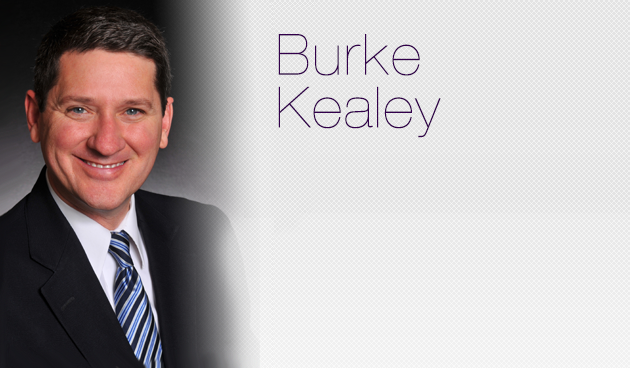After two years of study and conversation with the Internal Medicine community, the American Board of Internal Medicine announced just before the holidays that it has landed on a “next step” for maintenance of certification.
In a video message to the members, CEO Dr Richard Baron says, “Medicine today is transforming at a rapid and dynamic pace, and ABIM is transforming with it.”
If you recall back in October, I wrote about the ABIM surveying the membership around the different options of an “every two year test plan”, “an every five year plan”, and keeping the current ten-year plan. The ABIM has announced that the two-year plan will be offered as a choice in 2018 for Internal Medicine, or diplomates can opt to stay with the current ten year plan.
What we know now is based on a December announcement that can now be found on the ABIM website. The details available are as follows:
– You can choose to take the two-year assessment on your personal or work computer – or at a testing center.
– You do not need a passing score on every two-year assessment. However, if you are unsuccessful twice in a row or if there is a longer gap between assessments, you will need to take additional steps to maintain certification.
– You will have more dates from which to choose when scheduling the two-year assessment.
– This “knowledge check-in” offers more continuous learning, feedback and improvement. Results will be available immediately after the assessment. More feedback will follow.
It should be noted that this is a direction and not a final plan. We do know there are plans to study the early test-takers and the uptake on choosing this plan. Dr. Baron states that ABIM will “continuously evolve the program to work better and better meet your needs and your patient’s needs.”
The program is available starting with those re-certifying in 2018 as an option. Those needing to recertify this year in 2017 will stay with the current program. As an enticement to choose this path, we are told that for the first round of test-takers in 2018 there are no consequences for not passing that initial two-year assessment. You will get credit if you pass, but no harm will come to you if you don’t.
Here is the kicker! And this is a big one for you dear hospitalists. The first edition of the new plan will NOT include the Focused Practice of Hospital Medicine (FPHM) certification. Actually, most specialties will not be a part of this first roll-out.
What I am being told is that the roll-out of the new plan across all medical specialties is at least partially based on how many participants will be impacted, i.e. specialties with more participants in their particular pathway, and thus more impact to the overall pool, will roll out first.
My personal concern is that, with General Internal Medicine coming first, the lure of this new pathway could result in many internist hospitalists needing to renew in the next few years facing the choice between the known flawed ten-year plan in FPHM and the new two year plan in general IM abandoning their initial plans to declare their expertise in hospital medicine in favor of the perceived “easier” pathway.
While one goal of the new plan is to lower the stakes on each exam and lower the overall burden, we still don’t know if this will indeed be the case. Will the content of each smaller exam still require one to study all of medicine leading up to the test? Or will exams be focused on specific topics like peri-operative medicine, cardiology in the hospital, infectious diseases, etc.… Will fewer questions on an exam lower the anxiety or raise it knowing that each question now could carry more weight? All of this and more needs to be studied in the early test-takers.
With the Focused Practice in Hospital Medicine still in pilot status, it is also still being evaluated by ABIM and the ABMS to see how many participants sign up to see if it will advance to full status along with the other specialty exams. Currently, we have seen good growth and we continue to see pass rates that meet and exceed the General IM exams. We need to keep seeing more and more hospitalists add to this growth and declaration that, “I am a hospitalist!”
While I applaud the ABIM’s slow (and reluctant) move to the future with the new two-year exam plan, I do not want to see this come at the expense of our own Hospital Medicine growth, maturation, and what I believe is a steady march toward specialty status.
I don’t speak for SHM when I say this, but for those internist hospitalists coming up on re-certifying in the next few years, please consider staying with the regular ten-year pathway in Focused Practice in Hospital Medicine until we see the roll-out of the new (and better studied by then) two-year plan.
While I can empathize with the desire to chuck the current flawed system as soon as possible, the goal of establishing our specialty and field of knowledge and our own personal expertise in Hospital Medicine should outweigh this shiny new unstudied plan.
Dr. Baron says in his closing statement that, “We have no higher calling than bringing our best to our patients every day”. I heartily agree, and to me, showing we are staying current in our specific specialty with the Focused Practice in Hospital Medicine is the best way to do that.
The two-year plan will indeed come to us specifically as hospitalists. It’s just not here yet.
And it won’t come at all if we jump ship early.



Leave A Comment